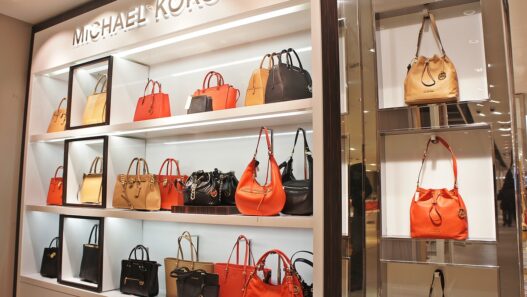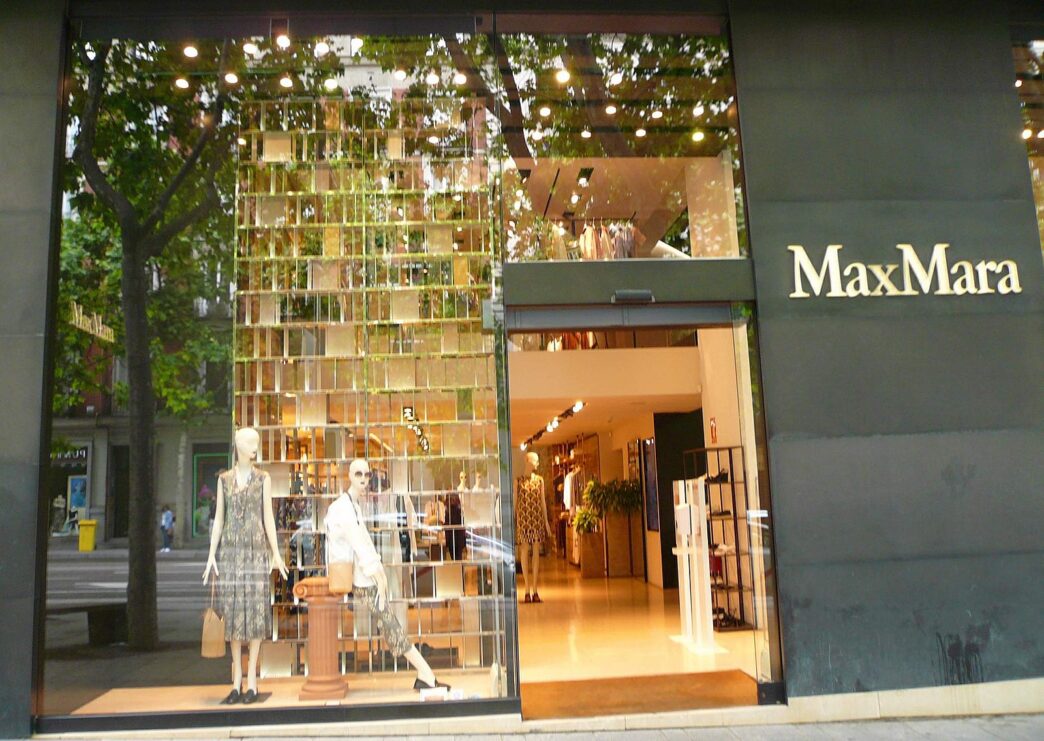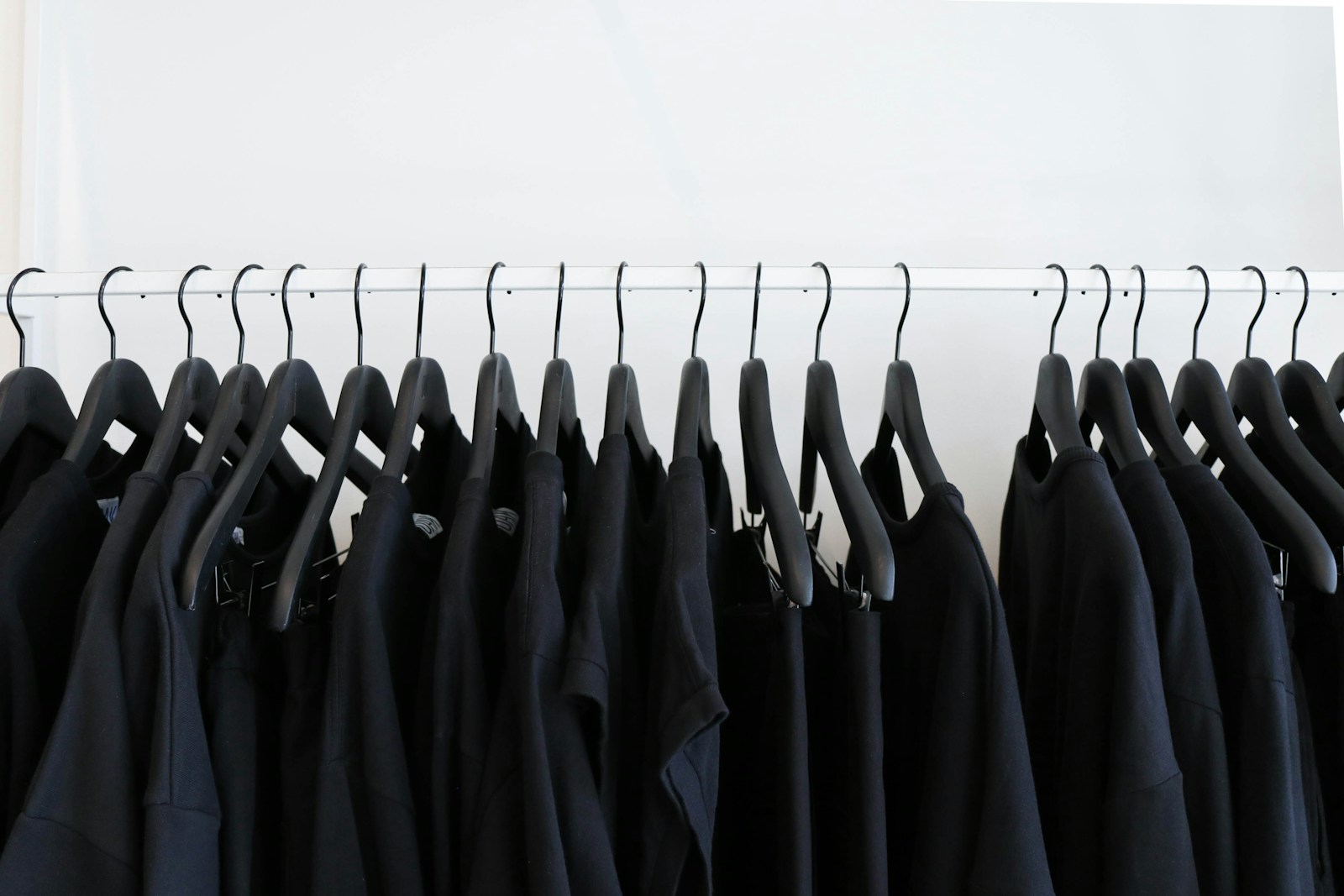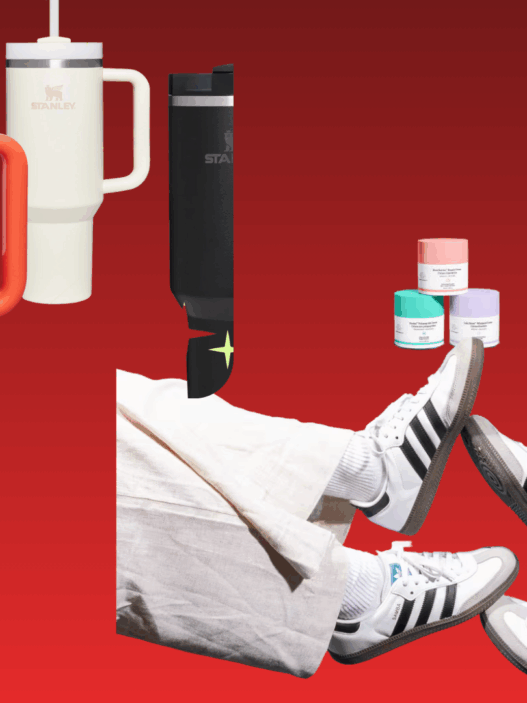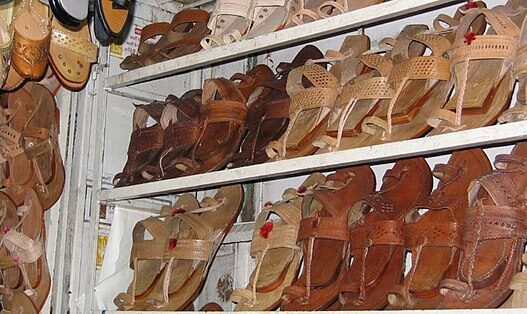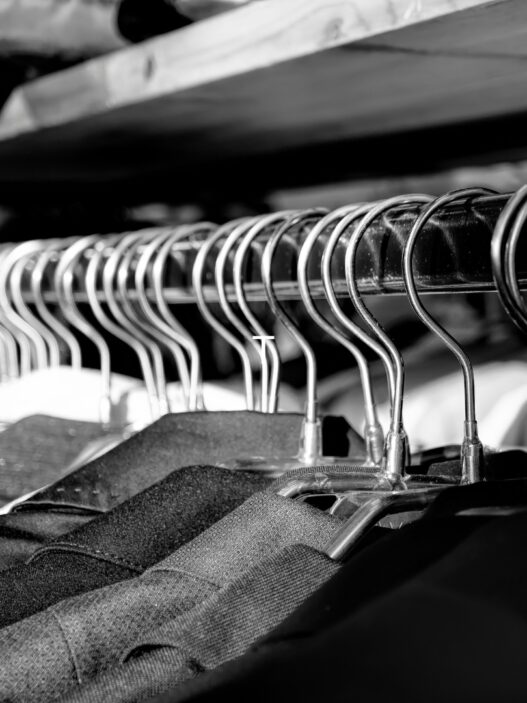In Reggio Emilia, at the heart of one of Italy’s most renowned luxury fashion brands, a protest has erupted that brings working conditions in the textile sector back under the spotlight.
Seamstresses from Manifattura San Maurizio, the productive company linked to the Max Mara Group, have launched a massive strike in order to protest against the Italian luxury fashion giant. Allegations include piecework pay, psychological pressure, and denial of basic rights.
According to their declarations, the shifts are exhausting, there is physical and psychological pressure, and the general workplace atmosphere is toxic.
“They called us milking cows,” report the seamstresses who produce the brand’s iconic coats. “They said we’re fat, obese, and even suggested exercises we could do at home to lose weight. We’re practically paid per piece, and they even monitor how often we go to the bathroom. But we’re all women, and we all have menstrual cycles. It’s inhumane, and we want this to stop.”
The unrest publicly surfaced during the presentation of the new Fashion Hub Project, which involves the redevelopment of the former Fiere di Mancasale area, with Max Mara playing a leading role. The protest moved there, with banners and workers demanding respect and reform.
The working conditions do not fit our times and clash with the concepts of sustainability and social responsibility promoted (and in any case legally owed) by the company.
“We’re stuck in the 1980s,” said Erica Morelli, General Secretary of the provincial union Filctem CGIL. “Despite our efforts to establish constructive dialogue, the company’s management has erected a wall and refuses to hear our demands. This strike is meant to send a strong signal to management — we need a new phase of relations based first and foremost on respect for workers”.
One of the most critical issues raised is the use of piecework pay, a system in which wages are determined by output rather than time worked. Although it is not inherently illegal, Article 2100 of the Italian Civil Code imposes strict conditions on such arrangements to ensure that they do not endanger the health or safety of workers, in compliance with the Italian Constitution. In this case, workers complain of unsustainable production rhythms, resulting in physical strain and illness.
“Organisational rigidity, physical exhaustion, individual pressure, lack of financial recognition and promotions, and no willingness to engage with union representatives — this is the daily reality for 220 skilled workers at this Max Mara Group facility,” wrote Filctem CGIL of Reggio Emilia in a statement.
Despite requests for comment from several media outlets, Max Mara has yet to issue an official statement. The company’s silence, especially during such a reputationally sensitive time, risks becoming a liability for a brand that prides itself on Italian craftsmanship and excellence.
The trade union describes “The reasons for the protest include denied leave, imposed holidays, unsustainable rhythms that lead to physical harm and occupational diseases, and a total lack of wage recognition. This is the daily life of 200 employees who have now decided to say enough and are demanding that management engage in constructive dialogue,” the statement continues.
Their appeal to the public is unequivocal: “These women are demanding dignity, respect, and the guarantee of basic rights — rights that in 2025 should no longer be up for negotiation. Their exasperation must be heard not only by the company’s leadership but also by local institutions and the community of Reggio Emilia, from whom we ask full solidarity.”
The Max Mara case happens at a time when corporate due diligence on human rights and labour practices is becoming a legal and reputational requirement. In Europe, in accordance with the new EU Directive 2024/1760, large companies are required to assess and mitigate negative impacts on the environment and human rights, including those related to workers, along the entire value chain, respecting the ESG criteria, namely environmental, workers’ rights, and governance sustainability.
If these allegations were to be confirmed, the affair would represent a serious breach of corporate social responsibility and a failure of internal due diligence mechanisms regarding the protection of workers, which is even more serious when we are talking about a high-risk sector such as fashion and textiles.
“It is unacceptable that an international brand like Max Mara, which proudly labels its products ‘Made in Italy,’ would deny rights to those who actually create that excellence,” declared Sonia Tosoni, national secretary of Filctem CGIL, and Simone Cavalieri, regional secretary of Filctem Emilia-Romagna.
Also really concerning is the reported failure to apply the relevant National Collective Labour Agreement (in Italian “Contratto collettivo nazionale di lavoro”, shortened CCNL) for the textile sector. Failure to enforce the CCNL or a fair contract could even, in an extreme case, lead to a violation of Article 36 of the Italian Constitution, which guarantees workers fair pay and decent working conditions.
Max Mara is not the first luxury brand to make headlines for such disputes. In recent years, Italian authorities have uncovered, for example, cases in which luxury bags sold for thousands of euros were produced in workshops under inappropriate conditions and with very low production costs. These cases are highlighting the crisis in an industry where production chains are often out of control.
Several possible legal avenues open up for the Manifattura San Maurizio workers. The choice will depend exclusively on Max Mara’s reaction and possible collaboration with the institutions in order to rebuild a healthy, safe and valued working environment.
“We can’t take it anymore. We’ve endured abuse in silence for years,” one of the seamstresses told the Italian newspaper Il Fatto Quotidiano.
Maria Giulia Prezioso Maramotti, Board Manager of the Max Mara Fashion Group, rejected all charges: “We do not recognise ourselves in the allegations that have been made. On the contrary, we have also received many messages of solidarity from the majority of our employees in San Maurizio”. Nevertheless, the Italian Deputy Minister of Labour confirmed that the National Labour Inspectorate had received “some reports that drew attention to problematic situations within the company context, particularly regarding the treatment of female workers”.
The future of this protest depends on the position that Max Mara will take, but also on the results of the national labour inspectorate’s checks.
It is hoped, of course, that an agreement will be reached and that excellent working and production conditions, which Max Mara has always praised, will be restored.



